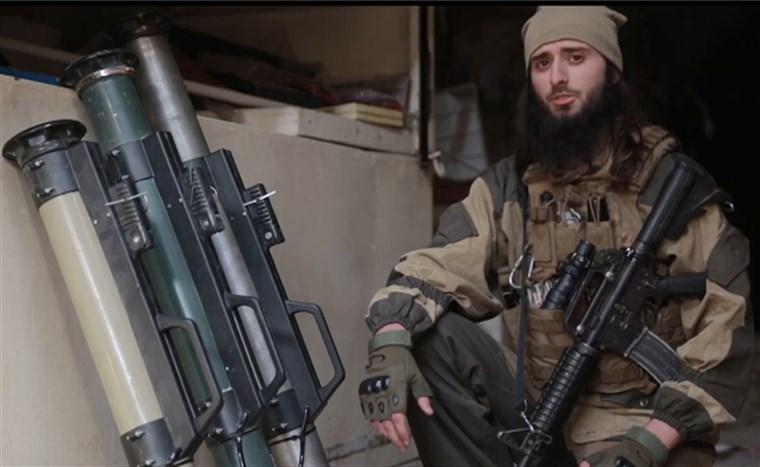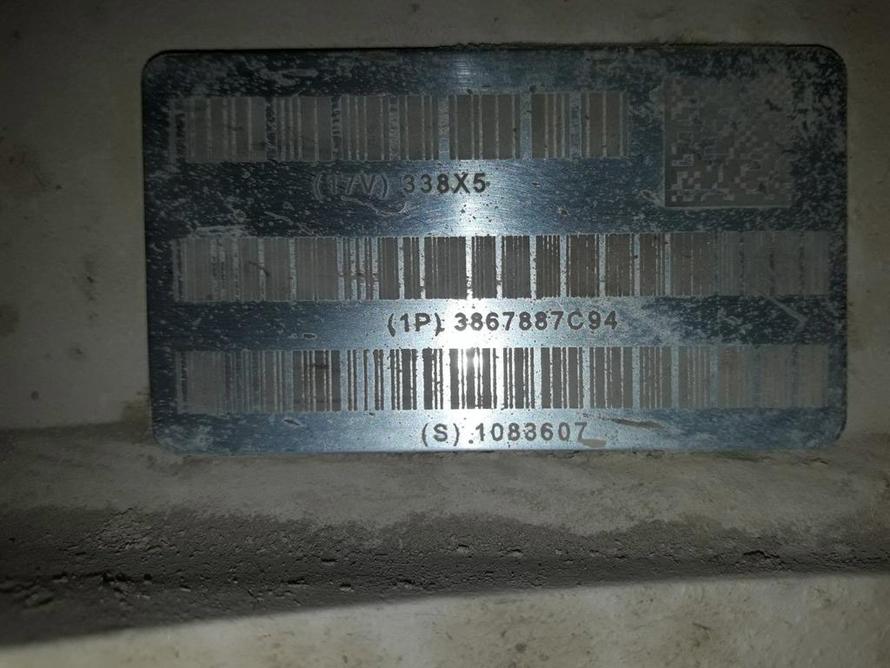 By Tyler Durden: It appears CNN has finally caught up to what many of us have for years documented: US weapons shipments to Middle East "allies" have often gone straight into the hands of al-Qaeda and other hardline jihadists. A new CNN "exclusive" finds that throughout the Saudi war in Yemen, the Pentagon has been arming an array of dangerous groups through the Saudis and Emiratis, which further includes the very Iran-backed Shia rebels the US-Saudi coalition is aiming to defeat. The CNN report begins:
By Tyler Durden: It appears CNN has finally caught up to what many of us have for years documented: US weapons shipments to Middle East "allies" have often gone straight into the hands of al-Qaeda and other hardline jihadists. A new CNN "exclusive" finds that throughout the Saudi war in Yemen, the Pentagon has been arming an array of dangerous groups through the Saudis and Emiratis, which further includes the very Iran-backed Shia rebels the US-Saudi coalition is aiming to defeat. The CNN report begins:Saudi Arabia and its coalition partners have transferred American-made weapons to al Qaeda-linked fighters, hardline Salafi militias, and other factions waging war in Yemen,For those who have long watched US "train-and-equip" campaigns in places like Libya, Syria, and Yemen, the CNN "bombshell" is absolutely nothing new, but a long established pattern. In these places the US weapons pipeline was set up to give American military and intelligence officers plausible deniability as they were handed out on the Syrian and Libyan battlefields often by third parties, which formed a jihadi one-stop shop Walmart of sorts.US arms are so profuse they've become a local currency of sorts used by the Saudis and Emiratis to buy loyalties:
in violation of their agreements with the United States, a CNN investigation has found.
The weapons have also made their way into the hands of Iranian-backed rebels battling the coalition for control of the country, exposing some of America's sensitive military technology to Tehran and potentially endangering the lives of US troops in other conflict zones.
Saudi Arabia and the United Arab Emirates, its main partner in the war, have used the US-manufactured weapons as a form of currency to buy the loyalties of militias or tribes, bolster chosen armed actors, and influence the complex political landscape, according to local commanders on the ground and analysts who spoke to CNN.But perhaps what's new in the CNN report is that Tehran-backed groups are also enjoying the largesse at a time the Trump administration is ramping up war rhetoric with Iran. And likely the report never would have seen the light of day prior to the grizzly Saudi-sponsored murder of journalist Jamal Khashoggi, which CNN actually seems to acknowledge in its report.
Now CNN wonders if the US has "lost control" over its key ally the Saudis (ironically CNN asks this question years after even then Vice President Biden admitted that "our allies" were arming ISIS in 2014).
CNN continues:
The revelations raise fresh questions about whether the US has lost control over a key ally presiding over one of the most horrific wars of the past decade, and whether Saudi Arabia is responsible enough to be allowed to continue buying the sophisticated arms and fighting hardware. Previous CNN investigations established that US-made weapons were used in a series of deadly Saudi coalition attacks that killed dozens of civilians, many of them children.As part of their investigation, CNN took cameras into local Yemeni arms markets in the country's southwest, were American-made weapons were purchased alongside candy and household goods:
In one arms market, sweets were displayed among the ammunition. "Do you have American guns here?" CNN asked. "The American guns are expensive and sought after," the weapons trader replied, in an exchange captured by undercover CNN cameras.The report documents instances of groups like al-Qaeda in the Arabian Peninsula (AQAP) being in possession of sophisticated US military hardware such as armored vehicles:
Amid the chaos of the broader war, al Qaeda in the Arabian Peninsula (AQAP) made its way to the frontlines in Taiz in 2015, forging advantageous alliances with the pro-Saudi militias they fought alongside.Another jihadist group operating in Yemen even had armored vehicles with visible labels showing they'd been made in Beaumont, Texas.
One of those militias linked to AQAP, the Abu Abbas brigade, now possesses US-made Oshkosh armored vehicles, paraded in a 2015 show of force through the city.
New report adds even more evidence that American weapons to Saudi Arabia and the UAE have gone to Al Qaeda and its friends in Yemen. https://t.co/OsjmjF4Fdl— Max Abrahms (@MaxAbrahms) 5 February 2019
According to CNN:
Nearly half a dozen Mine-Resistant Ambush Protected (MRAP) vehicles sit side by side, most bearing stickers with the insignia of the Giants Brigade.And in some instances the very "enemy" the Saudi-UAE-US coalition is at war with was in possession of major American-made hardware:
One even has the export label on it showing it was sent from Beaumont, Texas to Abu Dhabi, in the UAE, before ending up in the hands of the militia. The serial number of another MRAP reveals it was manufactured by Navistar, the largest provider of armored vehicles for the US military.
CNN obtained an image showing the serial numbers of a second American MRAP in the hands of another senior Houthi official last year in Hodeidah.CNN notes that Tehran is "assessing US military technology closely" and that the weapons proliferation seen in the Yemen war is making this task easier.
The vehicle was part of a $2.5 billion sale to the UAE in 2014. The sale document, seen by CNN, certifies that "a determination has been made that the recipient country can provide the same degree of protection for the sensitive technology" as the United States.

So apparently, there's at least an ongoing investigation, however, we don't expect that investigation to run too deep, and it certainly won't venture into probing the even more egregious arming of al-Qaeda and ISIS factions in places like Libya and Syria.
Prior file photo showing US-made weapons in the hands of ISIS, via NBC/Flashpoint
Source
No comments:
Post a Comment